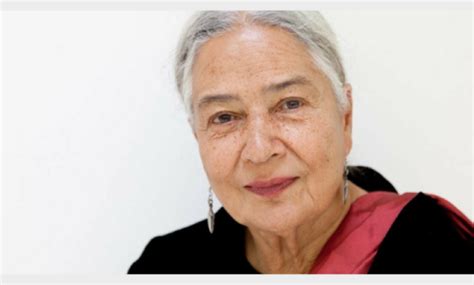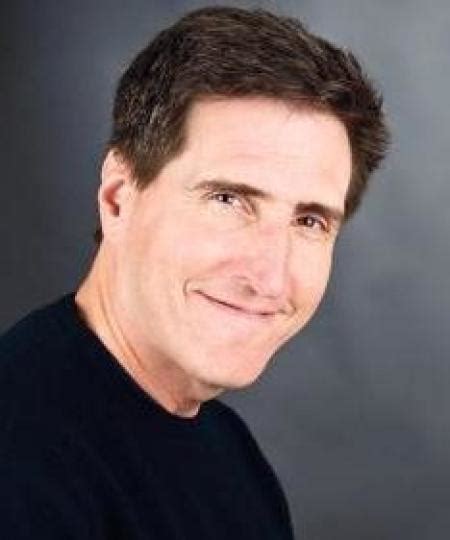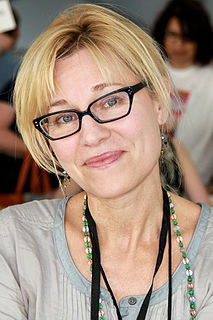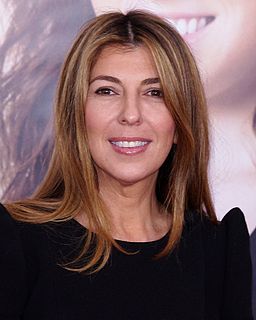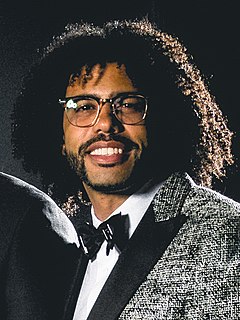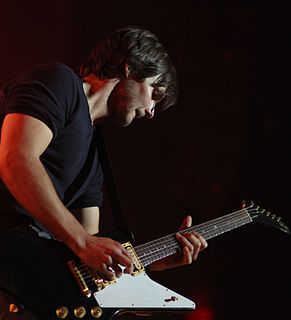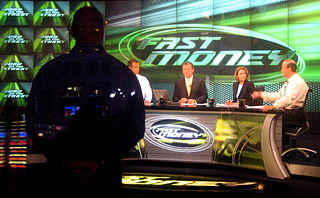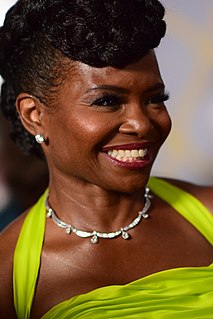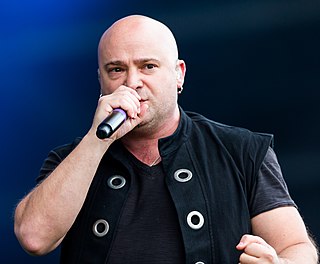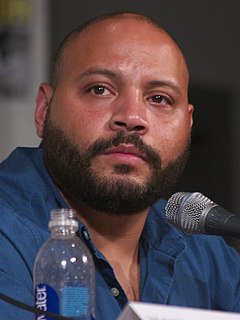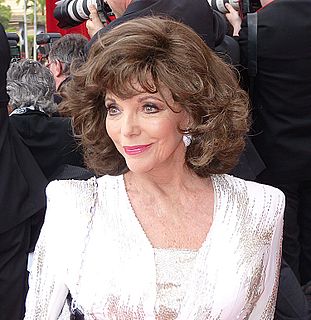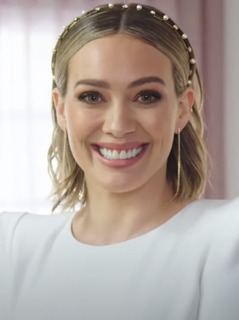Top 1200 Personal Writing Quotes & Sayings - Page 20
Explore popular Personal Writing quotes.
Last updated on April 20, 2025.
Muses are fickle, and many a writer, peering into the voice, has escaped paralysis by ascribing the creative responsibility to a talisman: a lucky charm, a brand of paper, but most often a writing instrument. Am I writing well? Thank my pen. Am I writing badly? Don't blame me blame my pen. By such displacements does the fearful imagination defend itself.
Learn as much as you can. Take every opportunity to learn about writing, whether it’s through classes, workshops, whatever is available to you. This may be difficult, because things like classes, workshops, writing programs, require time and money. But I say this honestly and somewhat harshly – if you’re not willing to prioritize your writing, perhaps you should do something else?
I know I'll keep writing poems. That's the constant. I don't know about novels. They're hard. It takes so much concentrated effort. When I'm writing a novel it's pretty much all I can do. I get bored. It takes months. Movies do the same thing. It's all-encompassing. It feels like I'm going to end up writing poems, short stories and screenplays.
I feel like you become a songwriter when you claim that it's sort of like a switch flipped, and you're always writing. Even in your sleep, you're always thinking about it in the back of your mind. The true writing - when you're officially writing - that's just when its front of mind, but its always there. You're always listening for a hook.
I deeply believe - and not just as a matter of politics, but even as a matter of morality - that matters about reproduction and intimacy and relationships and contraception are in the personal realm. They're moral decisions for individuals to make for themselves. And the last thing we need is government intruding into those personal decisions.
Individuality is a personal thing. It's based on your own personal feelings and expression of self. So, really, it's nobody's business to judge you but yourself. And if you feel that you're expressing yourself as an individual, and you feel confident in it, then that really should be all that matters.
Movies are definitely more fun because there are so many different seasons in a movie. It is exciting to be drafting together. Writing a book is very hard, it's like writing 15 college term papers in a row, and you are just like, "when is going to end?" You can communicate so much more when you are writing a book, and you can go so much deeper.
What I find is that many times when I work with chance, with indeterminacy, I am more open to experience, less prone to a fixed process, and I think it creates a very important challenge. It creates a way of writing that is, in a way, flatter or smooth, a surface conducive to release, to movement. And in this way, the form of writing gets delightfully melded with the process of the writing.
I've always been a writer. I started getting paid for writing in college. Where it transitioned from commentary to journalism was in that shift - not wanting to write personal stories because people are hungry in not necessarily great ways for the sexy, sexy, sex work story. I was trying to shift the focus, and journalism was the tool I needed to write about people outside my own life and range of experience.
'Crash' was incredibly personal to me. So was 'In the Valley of Elah.' There were things in 'The Next Three Days' that were questions I was asking myself but couldn't answer, like how far would you go for love? Can you believe in somebody who can't even believe in themselves? But this is highly personal.


